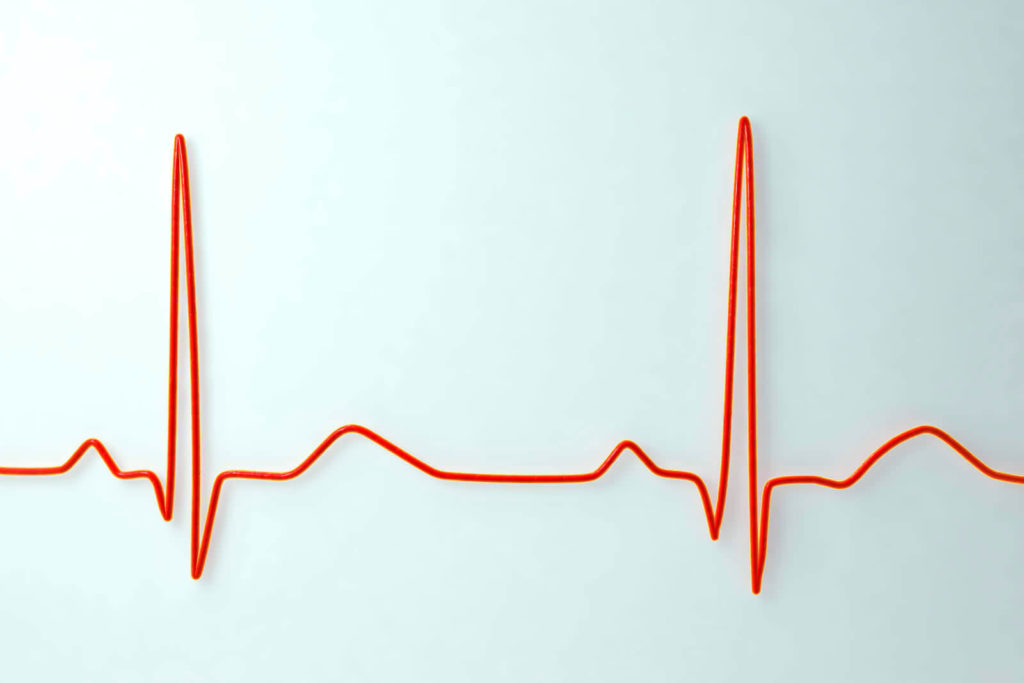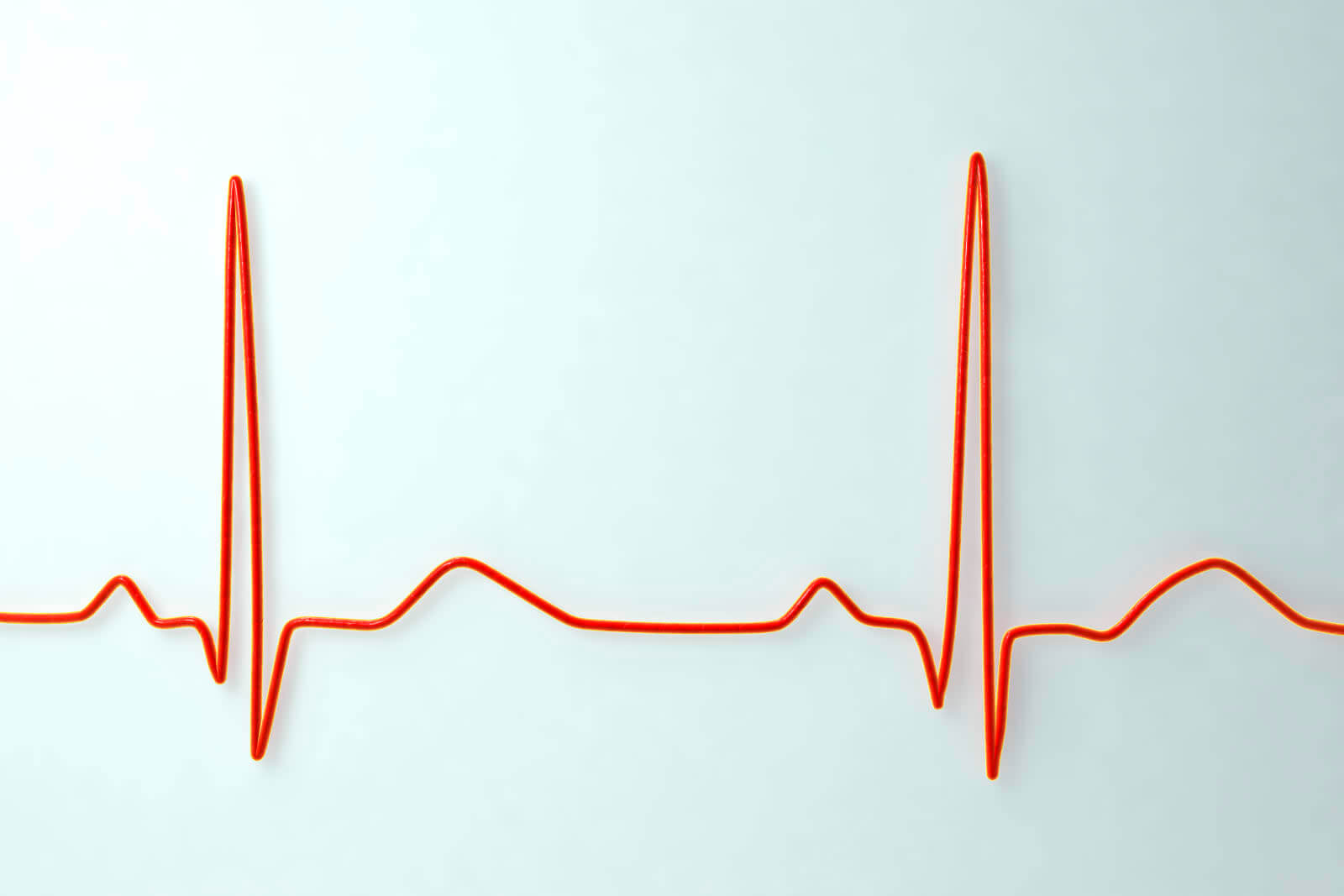A new study in mice by UT Southwestern researchers shows that specialized cells that transmit electricity to keep the heart pumping have a previously unknown potential to regenerate in the days after birth. The discovery, published online in the Journal of Clinical Investigation, may potentially lead to therapies for cardiac rhythm problems that do not require intrusive pacemakers or medications by helping the heart repair itself.
As per the experts in the field of cardiology, heart health is compromised when the walls of the same are not flexible enough. This happens due to the degeneration of cells.
Regenerating Cells And How It Is Helping Achieve Eternal Heartbeat
If the cells are regenerated, the heart can have better function and accurate rhythm. Hence a team of experts has carried out an experience where the cells of heart walls are regenerated, leading to better heart health over a period.

Patients suffering from arrhythmias don’t have many alternatives. These insights were bought out by Nikhil V. Munshi, M.D., Ph.D., a cardiologist and Associate Professor of Internal Medicine, Molecular Biology, and the Eugene McDermott Center for Human Growth and Development. Dr. Munshi researches the cardiac conduction system, which is a network of specialized heart muscle cells that create and transmit electrical impulses to keep the heart beating.
Although studies have demonstrated that non-conducting cardiac muscle cells may regenerate for a short time after birth—many of these findings were made by UTSW scientists—conducting cells known as nodal cells were assumed to lose this ability throughout the neonatal period.
A previous study showed that before birth, neonatal nodal cells lose their stem cell-like characteristics, leaving them with limited regeneration abilities. However, as Dr. Munshi noted, their regenerative potential had never been directly evaluated because there was no method to assess regeneration in animal models by removing just nodal cells.
Dr. Munshi and his colleagues utilized genetic engineering to create mice whose atrioventricular (AV) node cells, which are located near the junction of the heart’s four chambers, perished when the breast cancer medication tamoxifen was given to them. However, when newborn mice were dosed, one-third of the animals’ cardiac function seemed to be totally normal a month later.
The researchers took electrocardiograms on newborn mouse models of AV node dysfunction every couple of days following tamoxifen therapy to get a closer look. In several of the animals, these tests indicated initial cardiac damage that gradually recovered. Although tissue analysis revealed that this repair did not result in a totally normal heart in adulthood, the mice’s cardiac rhythms were normal.
Surprisingly, no muscle heart cells were the major cell type that expanded after the nodal cells died, according to an additional study. These cells appeared to control the synthesis of proteins that aid in the electrical interaction of cardiac cells.
Dr. Munshi said it’s still unknown why these proteins rose and why just approximately a third of the animals exhibited regeneration. He and his colleagues intend to continue researching the molecular processes underlying this occurrence in order to obtain additional knowledge that might eventually lead to a medication that can trigger the regeneration pathway on-demand in arrhythmia patients to regenerate damaged nodes.
Bone marrow and other adult-derived cells have been used to treat certain heart failure patients. So yet, the benefits appear to be minor and transitory, and the mechanisms remain unclear. Cardiomyocytes can be formed from human embryonic stem cells, which might be utilized to repair heart tissue. Further research in this area would result in promising results, and soon we might even have a medicine that could help the heart heal completely and help the heart stay healthy.
